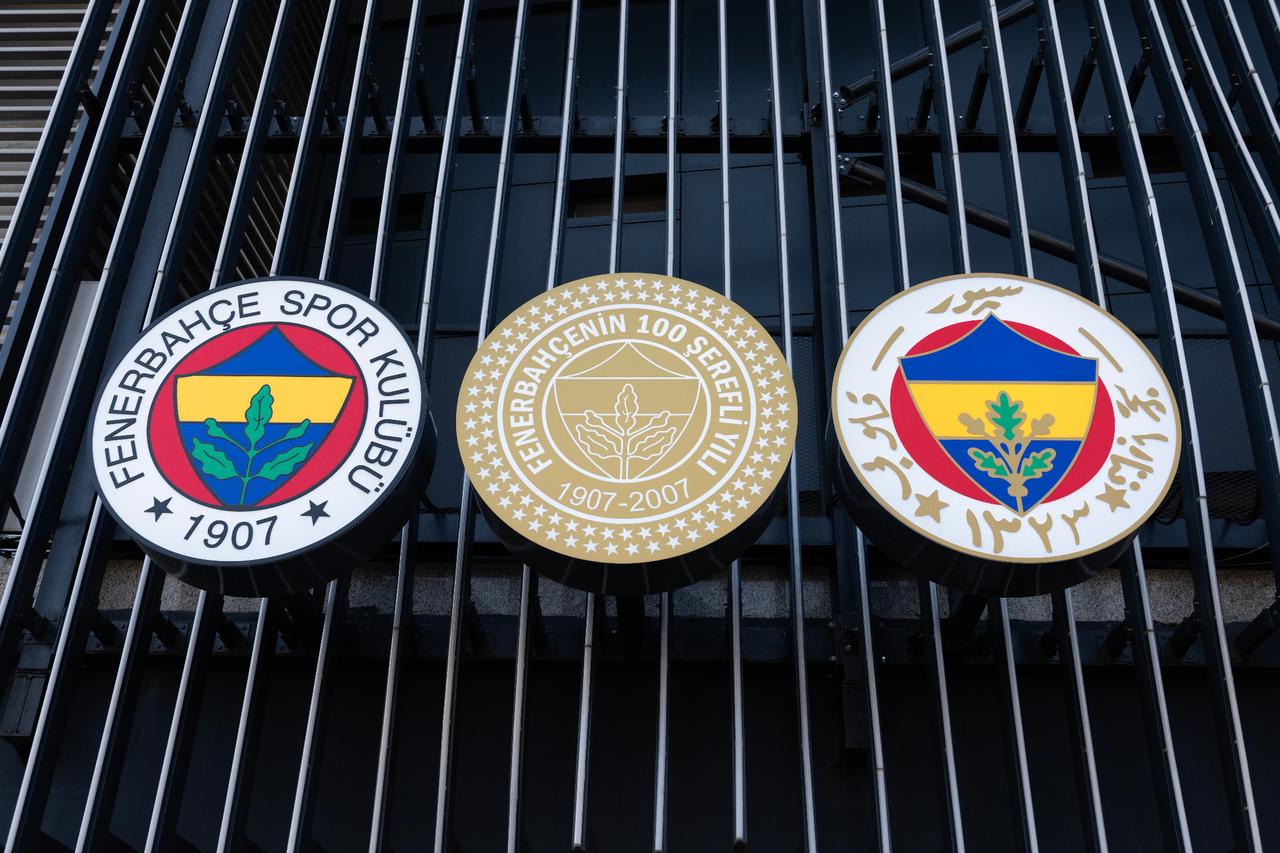
Chobani, the U.S.-based yogurt company founded by Turkish-American businessman Hamdi Ulukaya, is facing growing criticism in Türkiye as it prepares to sign a major sponsorship deal with Istanbul-based football club Fenerbahce.
The backlash has centered on Ulukaya’s past controversial remarks, and the company’s labeling of its product as “Greek yogurt.”
Fenerbahce confirmed that the official signing ceremony will proceed as scheduled on Wednesday, July 30, despite mounting pressure from fans. The agreement includes naming rights for the club’s home stadium and front-of-shirt sponsorship for European fixtures.
The controversy began on July 10, following the club’s announcement of the upcoming partnership. Several fan accounts affiliated with Fenerbahce took to social media to denounce the deal, citing Ulukaya’s 2015 interview with CNN in which he said he left Türkiye due to political pressures and alleged displacement of Kurdish villagers.
In the interview, he said, “I left Türkiye because I was Kurdish and I was very serious about Kurdish rights,” a statement that resurfaced widely on Turkish platforms in recent weeks.
Hamdi Ulukaya was born in 1972 in Erzincan, a province in eastern Türkiye. He moved to the United States in 1994 and founded Chobani in 2005.
Online users also pointed to his $2 million donation to Kurdish refugees from the Syrian town of Kobane, which was attacked by the terrorist Daesh and controlled at the time by the terrorist YPG/PKK. Critics argued that the donation was indirectly linked to groups affiliated with the terrorist PKK.
Fans have further criticized the use of the term “Greek yogurt” to market Chobani’s strained yogurt, a style widely produced and consumed in Türkiye.
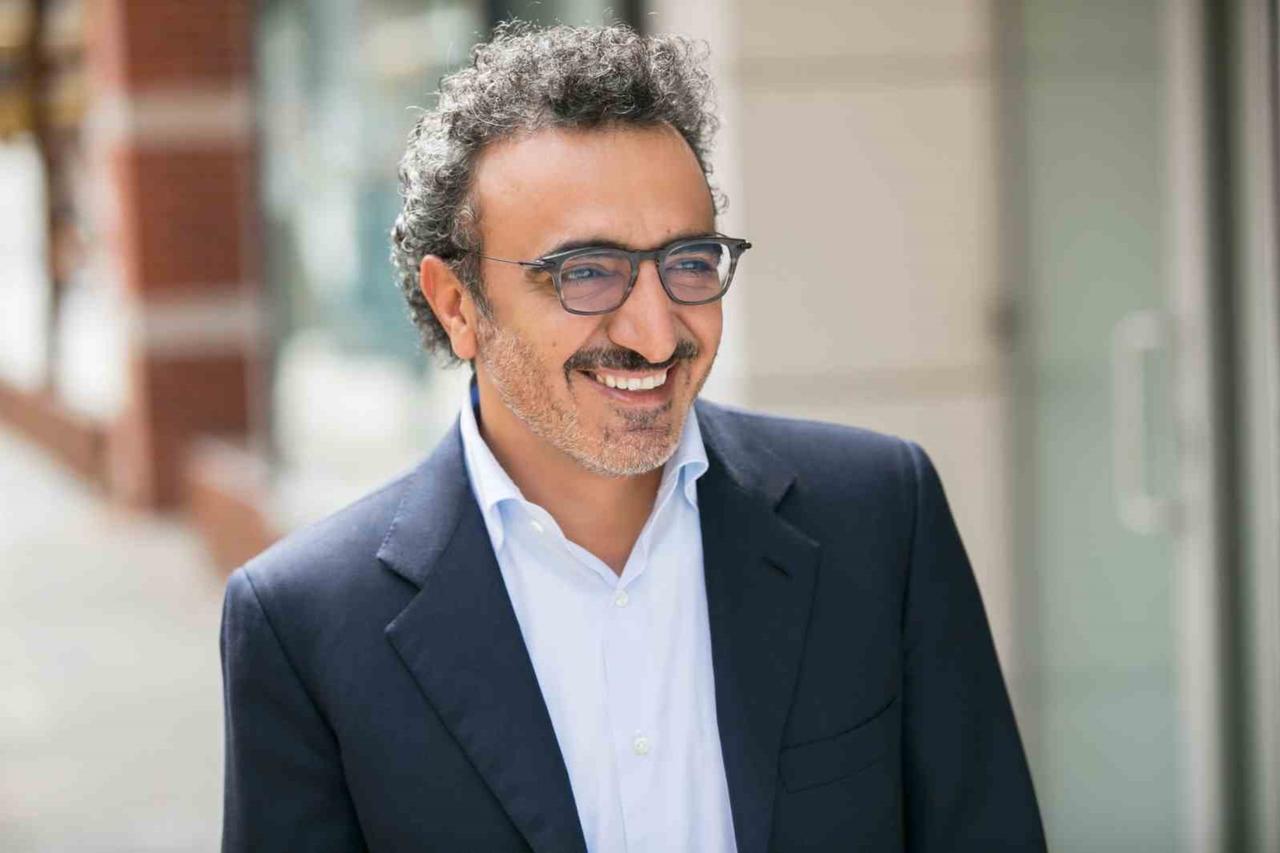
A prominent reaction came from 12 Numara, an unofficial but widely followed supporter platform associated with Fenerbahce fans. In a lengthy post, the account criticized the sponsorship, referring to Hamdi Ulukaya as a figure who had “slandered the country” and whose company should not be associated with the club.
It also claimed that the yogurt brand Chobani had named its product after the town of Kobani and marketed Turkish-style yogurt internationally as “Greek yogurt,” both points that were presented as signs of cultural and political insensitivity.
The statement concluded with a call to immediately halt all negotiations, framing the issue as one that conflicted with the values associated with Fenerbahçe’s founding principles and its identification with Mustafa Kemal Ataturk. It urged the club to take steps aligned with what the post described as the “real spirit of Fenerbahce.”
The backlash quickly drew political attention. Umit Ozdag, head of the far-right nationalist Victory Party, voiced opposition to the deal, stating that Ulukaya’s remarks were incompatible with the identity of a club “rooted in Türkiye’s War of Independence.” He called on Fenerbahce to put the sponsorship to a fan vote before moving forward.
Hashtags opposing the deal gained momentum on Turkish social media, as opponents questioned the club’s decision to align with what some perceived as a politically divisive figure.
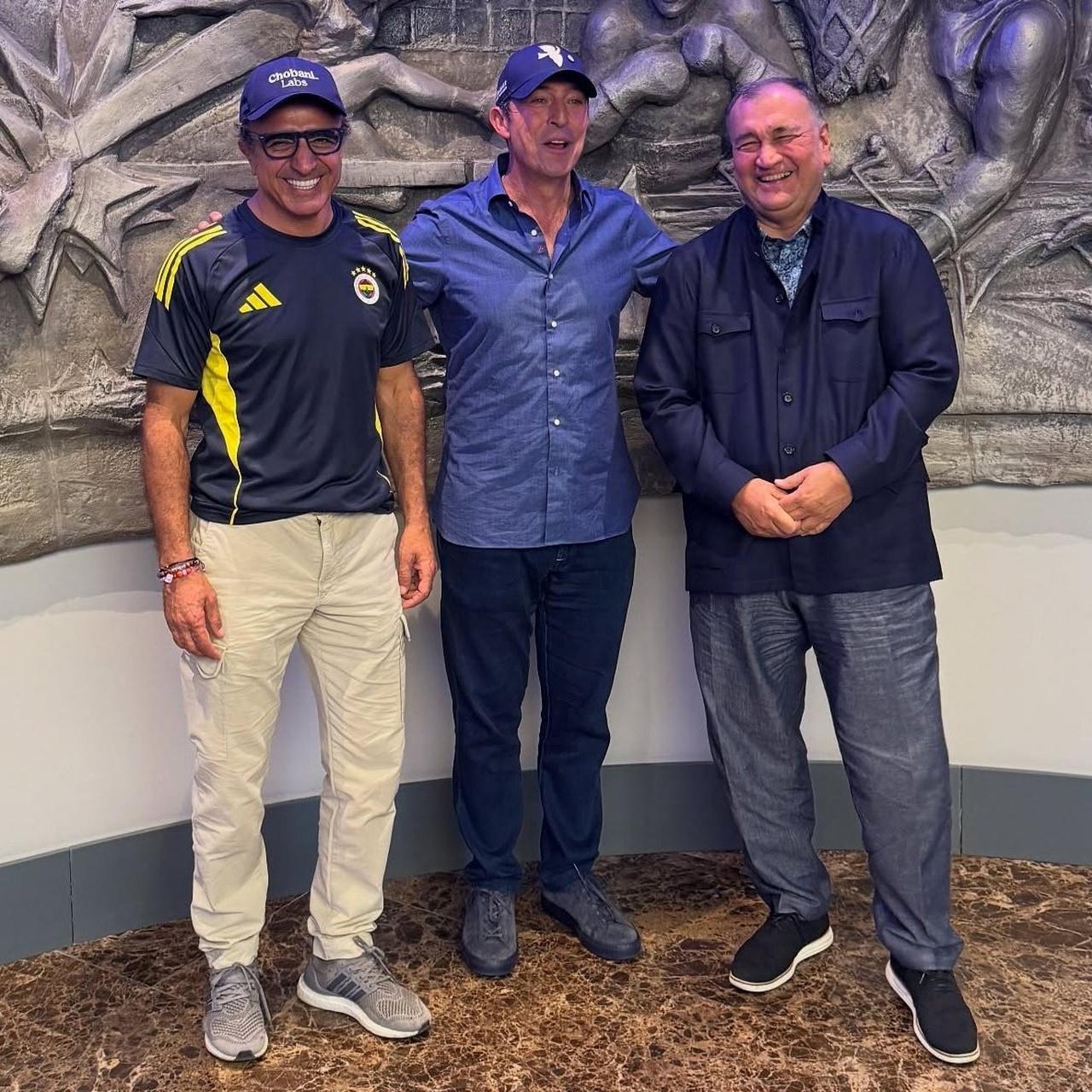
In response to the criticism, Fatih Sasioglu, a congress member of Fenerbahce Sports Club, issued a statement defending Ulukaya and the agreement. He accused detractors of waging a perception campaign aimed at discrediting the club and its leadership.
Sasioglu emphasized that Ulukaya has been a supporter of Turkish institutions abroad, citing his sponsorship of the Turkish Republic’s 100th anniversary celebrations in Washington, D.C., and funding for Turkish entrepreneurship education in the U.S.
Addressing allegations about financial transparency, Sasioglu explained that all sponsorship revenues are audited by Türkiye’s Financial Crimes Investigation Board (MASAK). He stated that only funds that meet regulatory standards are approved for transfer to sports clubs.
Calling on fans to remain cautious, he concluded, “As a congress member who deeply loves his country and Fenerbahce, I hope our supporters do not give credit to this campaign and that the new sponsorship will be beneficial for our club.”.
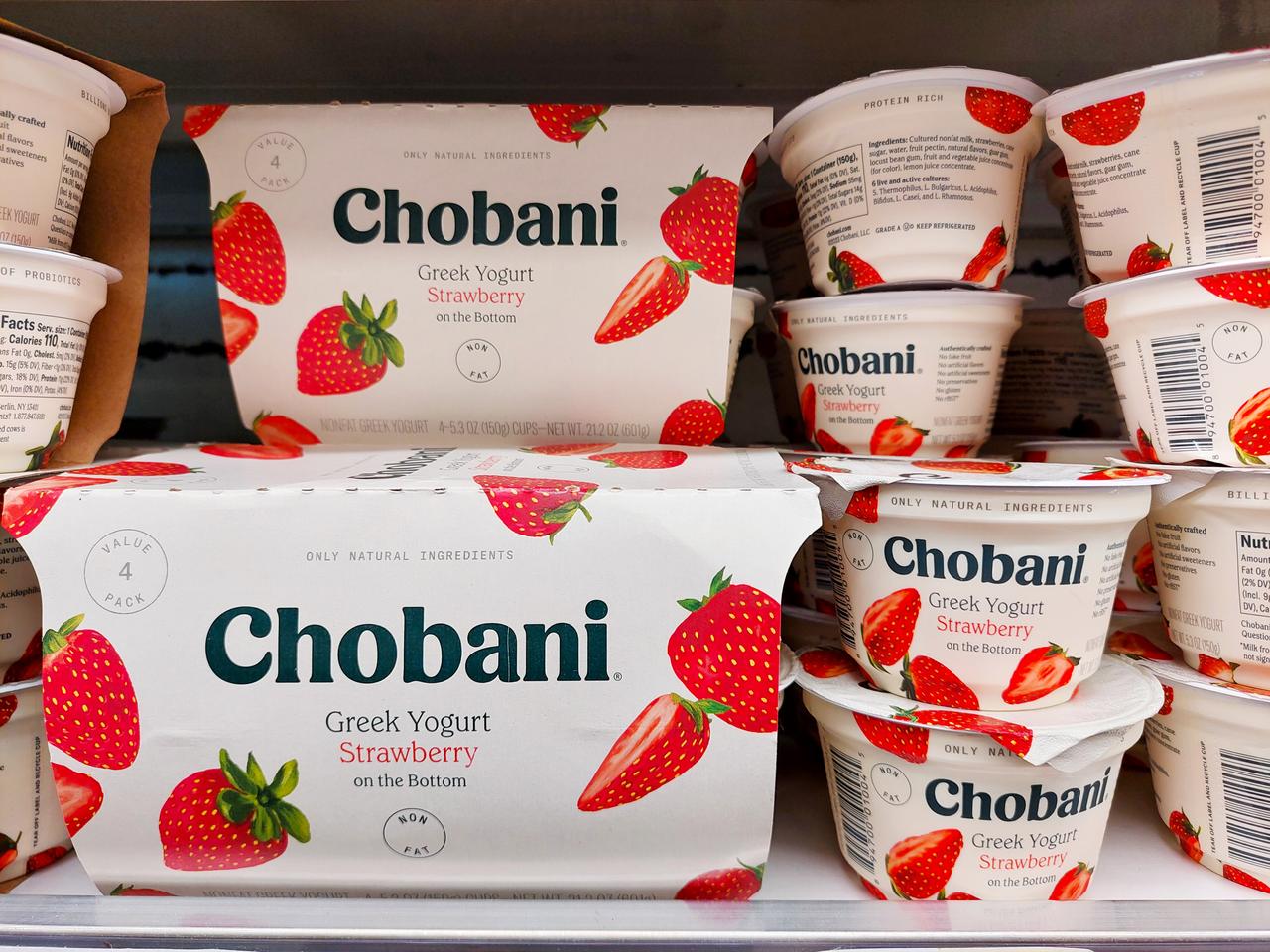
Chobani have not officially made any statements responding to the growing backlash. However, contrary to claims that the brand name is linked to the Syrian town of Kobane, Chobani has publicly stated that its name is derived from the Turkish word “coban,” which means “shepherd.”
The name was chosen by founder Hamdi Ulukaya to reflect values of simplicity, naturalness, and authenticity associated with rural life and traditional dairy production, according to the company. The brand adapted the spelling to “Chobani” for easier pronunciation and trademark purposes in international markets.
On the other hand, the term “Greek yogurt” used in Western markets typically refers to a style of strained yogurt that has been filtered to remove whey, resulting in a thicker consistency. This technique is widely practiced in Türkiye as well, where it is a long-standing component of traditional cuisine. In Türkiye, this product is commonly known simply as strained yogurt, without ethnic branding.
The use of “Greek yogurt” in global markets has been driven largely by early Western marketing campaigns and consumer recognition, rather than a reflection of geographic origin or unique production method. Critics argue that the term overlooks similar practices in Türkiye and other countries in the region with longstanding yogurt-making traditions.
Although Chobani has no official operations in Türkiye, its high-profile sponsorship deal with Fenerbahce has raised questions about whether the company is laying the groundwork for a future presence.
The move has prompted speculation that beyond brand visibility, Chobani may be testing the waters for a potential entry into the Turkish or regional market.
While no formal announcement has been made, the partnership is seen by some as a signal of broader ambitions tied to Türkiye’s strategic geographic and cultural positioning.
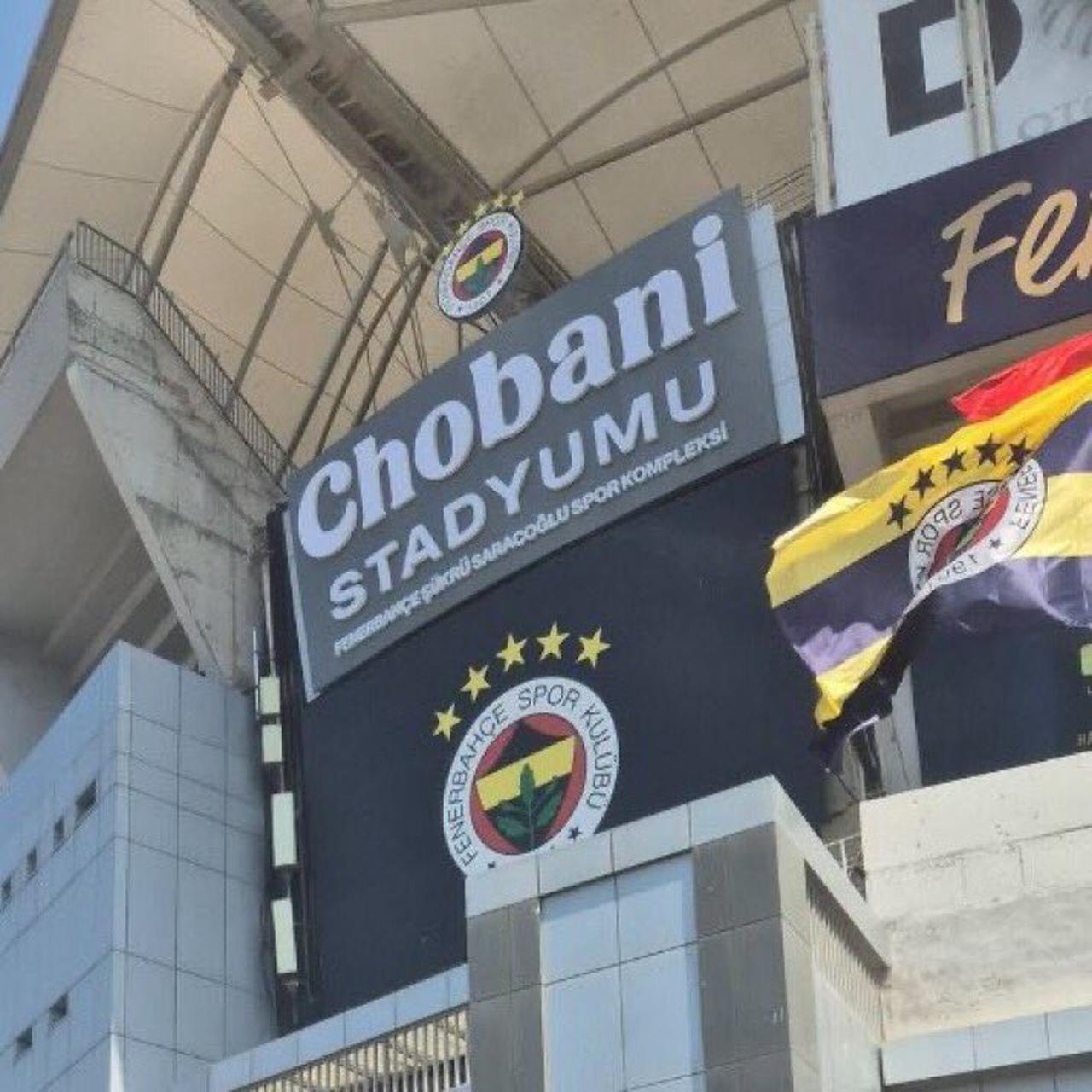
Fenerbahce has already begun implementing parts of the agreement, including unveiling new signage at its stadium in Istanbul. The venue will now bear the name “Chobani Stadium Fenerbahce Sukru Saracoglu Sports Complex.” The stadium is named in part after Sukru Saracoglu, a former prime minister of Türkiye and past president of the club.
According to a disclosure by Fenerbahce to Türkiye’s Public Disclosure Platform (KAP), the naming rights deal spans five seasons with the possibility of a five-season extension. The fee for the first season is €10 million ($11.53 million), while the European jersey sponsorship is valued at €4 million for the 2025–2026 season. The sponsorship fee in future years will depend on Fenerbahce’s participation in UEFA competitions such as the Champions League and Europa League.
The signing ceremony is expected to be held at the stadium’s 1907 Stand and will be attended by Fenerbahce President Ali Koc and Chobani CEO Hamdi Ulukaya, along with senior executives from both organizations.
Ulukaya also serves as the Chair of the U.S.-Türkiye Business Council, where he has been recognized for his efforts to create new investment opportunities for global businesses and to promote economic growth in both countries, positioning Türkiye as a strategic hub for access to Europe, the Middle East, Africa, and Central Asia.
Ulukaya is known as the "Yogurt King" in the U.S., as his company generates over $2 billion in annual revenue and holds a 20% share of the U.S. yogurt market.
According to Forbes, Hamdi Ulukaya ranks as the 11th richest Turkish individual, with a net worth exceeding $2.3 billion.